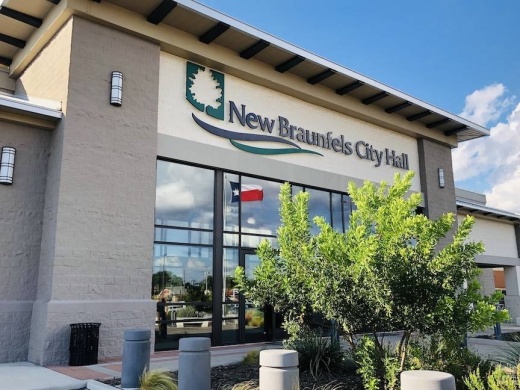New Braunfels currently does not charge filing fees for MUD applications, according to city documents.
“A MUD is just one of several different types of special districts allowed by state law that is a tool that a developer can use to help them finance the cost of roads and sewer lines and water lines,” said Christopher Looney, planning and development services director for the city of New Braunfels. “Once it's created, the mud is then managed by a board of directors. They're elected from the people who live or own businesses within that MUD. The MUD then levies their own taxes and fees on themselves to then repay the developer for their costs,” he said.
Part of the purpose of the approval process through city council for developments in the ETJ is to secure an understanding that the development will stay within the city’s guidelines for development standards, Looney said.
In at least two recent cases before the city council—most recently at their June 13 meeting— ultimately the MUD applications were rejected by failing to receive a motion to approve by the city council after several months of work between the city staff, council and developers.
Developers whose applications are rejected by a city can then turn to the Texas Commission on Environmental Quality along with other avenues to develop without the city’s consent, Looney said.
The city council meeting documents went on to state that “Based on the amount of time spent by various staff, third-party legal services, plus the recordation fee charged by the respective county, staff estimates the average cost to process a MUD petition equals $8,225.91.”
Looney said other cities charge fees already, and the amount varies greatly. College Station, for instance, charges a fee of $30,260 while San Marcos charges $15,844.
Council is expected to hear recommendations at a future council meeting.





